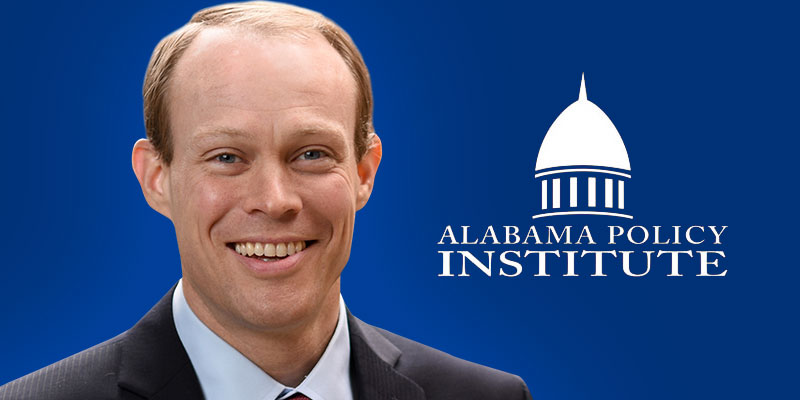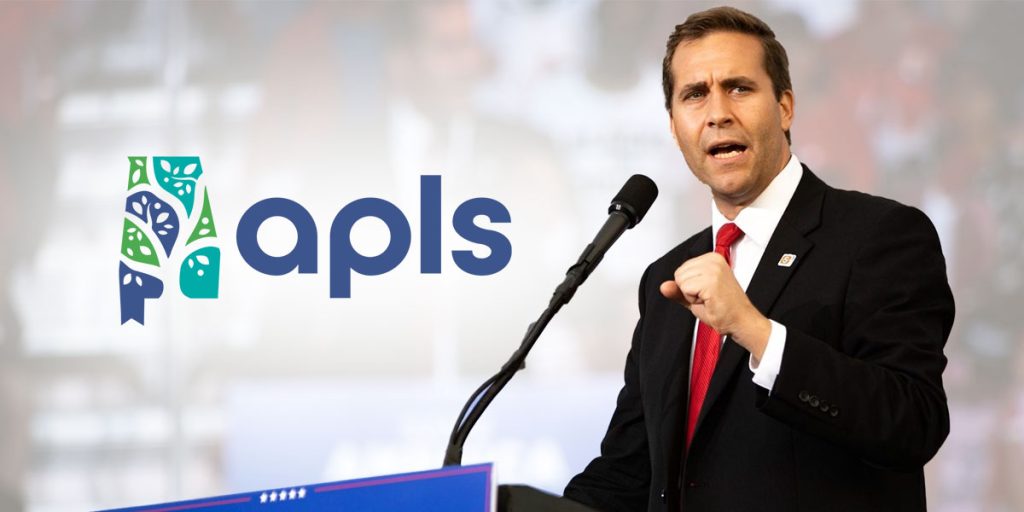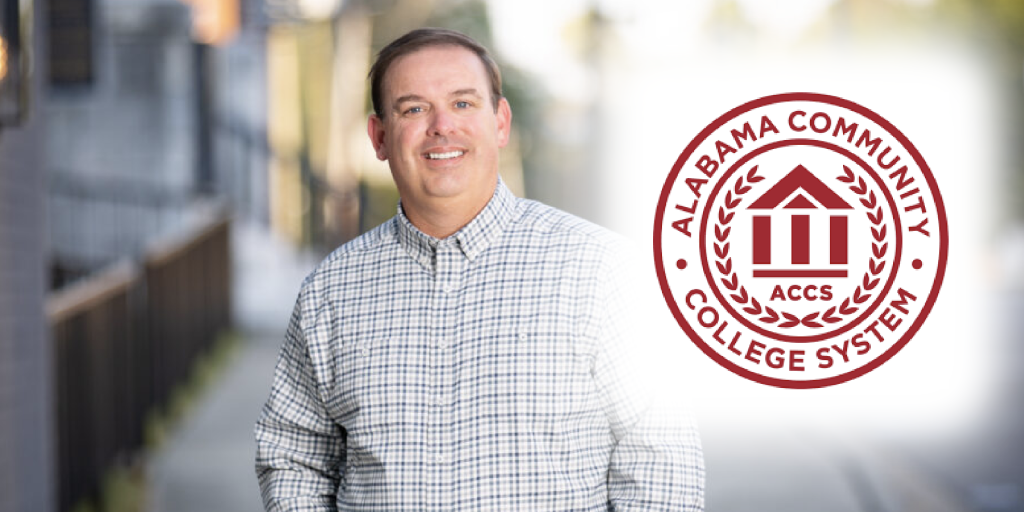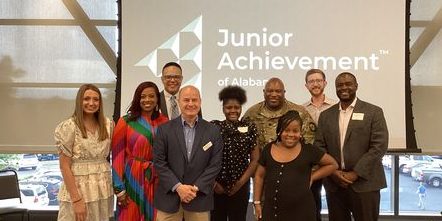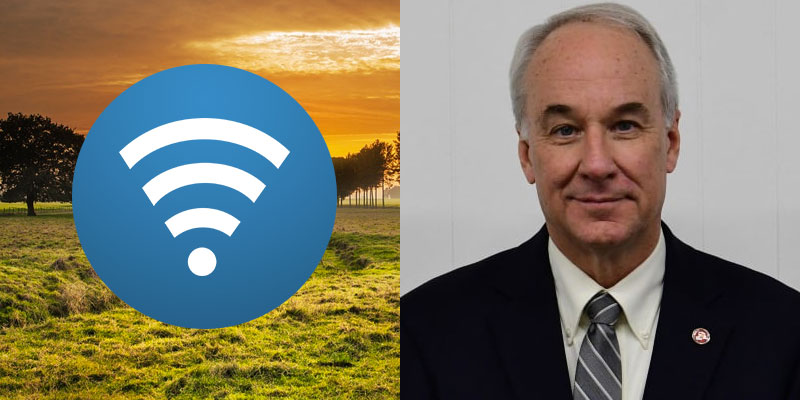Children often bear the worst of our challenges, and our disagreements.
When Alabama public schools shut down in response to the coronavirus pandemic, we saw (again) that the promise of education is not equally available to all young people. Many government-run school administrators were unable to deliver education to the children within their districts.
At the same time, elite legal scholars propose that states should have more control over education. Harvard law professor Elizabeth Bartholet recently received attention for proposing that states ban home schooling. She is just one of many elites who believe that parents cannot be trusted to give their children what they need, and that central governments must bear primary responsibility to decide which assertions of truth children are allowed to learn.
Many of those elites argue that government must control education because each child has a right to be educated. And indeed, every child has such a right. But the meaning of that idea is sometimes unclear.
The right to an education emphatically does not mean that children belong to the state, or that the state has a right to direct the education of children. As the U.S. Supreme Court declared in Pierce v. Society of Sisters (1925), those rights belong to parents. To see why, it is helpful to understand how rights work.
The point of a right is to direct us how to act toward other persons. A right does this work by imposing on us some duty. That you have a right not to be murdered or maimed means that I have a duty not to murder or maim you. That my children have a right to be fed and clothed means that I have a duty to feed and clothe them.
As those examples show, rights generate two different kinds of duties. Some rights impose duties to refrain from acting in certain ways — for example, duties not to kill and maim. These duties of abstention correlate with liberties, which are sometimes called “negative rights.” These fundamental liberties are impersonal and universal. I have the same duties not to kill or maim all persons, and all persons, including powerful people and government officials, have a duty not to kill or maim me.
Other rights impose duties to act in certain ways toward particular persons — duties to feed my children, to show up for work, to teach my students truths about the law. These duties are necessarily personal and particular. Because they require some action, they are not the same for everyone. To my children, it matters that I feed and clothe them, and not someone else.
The right to be educated is of the second kind. It imposes a duty of action and is therefore personal and particular. The right of my children to receive an education is a right to receive a particular education from me or from some teacher whom I trust to whom I delegate responsibility. And the right is also personal and particular. I must pay attention to the different abilities and interests of my different children and give each the education that will best enable her to succeed in life.
For this reason, there is no uniform right to be educated. The duty to educate a child, and the right to decide how best to educate the child, belong to the person who is most intimately responsible for the child: parents.
The particularity of the right requires some qualification. Sadly, many children today are abandoned by a parent (often their father). Others are raised by well-meaning parents who lack the financial resources or educational attainment necessary to give the child opportunities he needs in a fast-changing, information economy. Others live in poor communities, where such opportunities do not exist.
So, there is a role for states to help remove barriers to education. Racial segregation is one such barrier, and states have a duty to tear segregation down.
Beyond that, we the people have a general, open-ended obligation to the children of less fortunate parents to provide them at least the minimal knowledge necessary to earn a living and be good citizens. But this does not mean that a state should force children into a system of government-run schools. Private school vouchers, charter schools, education cooperatives, apprenticeships and other means of delivering education might do the job better for different kids.
It is not surprising that 80% of respondents to a recent Cygnal poll agree that Alabama should “Expand school choice, so that families with children in failing schools should have the option to move to a better school of their choice.” Parents want the best possible education for each of their children, and they want bureaucrats to get out of the way.
The state can reasonably subsidize infrastructure for Internet access and provide other means for children to learn. Above all, the state must not cause harm to the family, especially the parent-child relationship, in its laws and official actions. If the right to be educated means anything, it means that the state must do nothing to deprive children of access to their parents and should, within the law, encourage and assist parents to give children the knowledge they need.
Adam J. MacLeod is Professorial Fellow of the Alabama Policy Institute and Professor of Law at Faulkner University, Jones School of Law. He is a prolific writer and his latest book, The Age of Selfies: Reasoning About Rights When the Stakes Are Personal, is available on Amazon.




